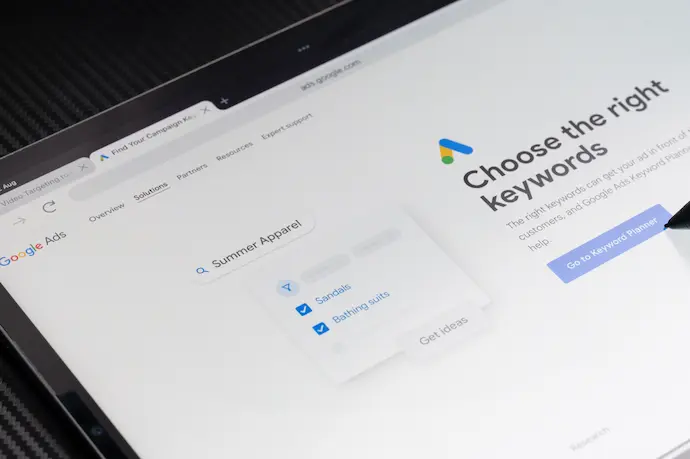September 02, 2025
Search is evolving fast. Generative AI answers, zero-click results, and voice search have changed how people discover information, but one thing hasn’t changed: great keyword research is still the foundation of successful SEO, PPC, and content strategies. The right tool helps you find opportunities, understand competition, and create content that actually reaches your audience.
Below are five of the best keyword research tools available today—each with unique strengths, drawbacks, and ideal use cases.
Semrush

Semrush remains the gold standard for in-depth keyword and competitor research. With tools like Keyword Magic Tool and Keyword Gap, it makes it easy to uncover untapped search opportunities while offering powerful PPC integrations and advanced reporting.
Highlights
-
Massive, frequently updated keyword database
-
Comprehensive competitor and backlink insights
-
Combines PPC and SEO tools in one platform
Drawbacks
-
Higher price point than most competitors
-
Interface can feel overwhelming for beginners
Best for: Enterprise SEO teams, agencies, and marketers managing complex PPC + SEO strategies.
Ahrefs

Ahrefs is a powerhouse for SEO professionals who want deep data and precision. Its Keyword Explorer delivers search volume, click metrics, and SERP overviews, while its backlink database remains the industry leader for link-building strategies.
Highlights
-
Unmatched backlink index for link analysis
-
Accurate keyword difficulty scoring
-
Great for discovering long-tail opportunities
Drawbacks
-
Premium pricing tiers
-
No true free plan and limited trials
Best for: Marketers focused on link building, technical SEO, and competitor analysis.
Google Keyword Planner

As the most accessible keyword tool available, Google Keyword Planner still offers reliable, first-party data pulled directly from Google Ads. It’s a staple for paid search campaigns and a solid starting point for basic keyword research.
Highlights
-
Free and backed by real Google search data
-
Provides CPC and volume estimates for PPC
-
Easy integration with Google Ads
Drawbacks
-
Broad search volume ranges unless running ads
-
Lacks competitor and backlink insights
Best for: Budget-conscious marketers and PPC specialists who value verified, no-frills data.
Moz Keyword Explorer

Moz’s Keyword Explorer blends simplicity with smart data visualization. Its Priority Score metric helps marketers balance search volume, difficulty, and CTR potential, making it easier to focus on high-impact keywords.
Highlights
-
Intuitive interface perfect for beginners
-
SERP analysis and keyword suggestions
-
Strong learning resources and community
Drawbacks
-
Smaller keyword database than Ahrefs or Semrush
-
Data updates less frequently than competitors
Best for: Mid-sized agencies and content marketers who prefer a clean, user-friendly tool.
Ubersuggest

Developed by Neil Patel, Ubersuggest has grown into a solid entry-level SEO suite. It combines keyword research, site audits, and content ideas in a budget-friendly platform that’s easy to navigate.
Highlights
-
Affordable pricing (including lifetime plans)
-
Simple, beginner-friendly interface
-
Includes content ideas and basic audits
Drawbacks
-
Data accuracy can lag behind enterprise tools
-
Limited functionality for larger teams
Best for: Freelancers, startups, and small teams looking for an affordable all-in-one SEO toolkit.
How to Choose the Right Tool for Your Goals
The best keyword tool depends on your budget, team size, and whether you focus more on SEO, PPC, or content marketing.
-
Tight budget? Start with Google Keyword Planner and layer in Ubersuggest for extra insights.
-
Data-driven SEO agency? Semrush or Ahrefs will give you the scale and accuracy you need.
-
Content-focused team? Moz strikes a good balance between usability and data depth.
Final Takeaway
Keyword research tools remain essential even as search continues to change. Test a few platforms before committing and revisit your toolkit regularly. The landscape is evolving, and staying flexible ensures your content strategy keeps pace with how people search.
Let's talk about your 2025 business goals
From design to PPC and everything in between, our experts will set you up for success.

